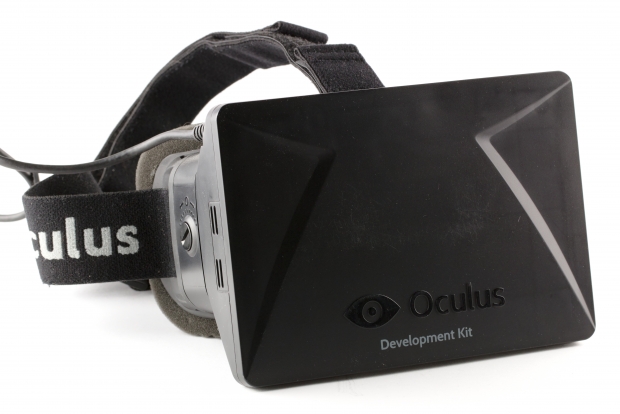According to a report by Ericsson, Virtual Reality will be a hot sale in 2016 but it might spark a resurgence in the consumer PC. This because VR requires a spec which only one per cent of current PCs can handle.
According Nvidia only 13 million PCs worldwide are powerful enough to support virtual reality software. That's fewer than 1 per cent of the 1.43 billion PCs in the world right now.
Piers Harding-Rolls, an analyst for researcher IHS, told Bloomberg that while VR technology has significant potential, its technology demands might stop wide-scale adoption in the short term.
Multiple manufacturers, including Samsung and HTC, are investing in virtual reality. More than 40 exhibitions at the Consumer Electronics Show (CES) will be dedicated to the new technology.
What this could mean is that those who want to use the technology will have to upgrade their 4 year-old PCs. This will have to happen if Nvidia’s figures of more than 100 million virtual reality headsets will be in use by 2020.
But this sort of higher spec will have to come down in cost. You are unlikely to see a VR consumer boost when the sort of spec required is a PC over a thousand dollars. This will mean a new opportunity for PC makers to come up with a low cost high spec machine. If they manage it then AI could take off to the sort of level Nvidia is predicting.
Over on venture beat there is a bloke who is building a PC just so he can use Occulus Rift.
I’ll get a GTX 970 graphics card (the minimum recommended one) and an Intel Skylake Core i5 chip. I want a fast solid-state drive to store the operating system elements and start games quickly, and I want a hard disk drive for storing pretty much everything else. I have my memory, motherboard, power supply, case, monitor, keyboard, mouse, and Wi-Fi adapter picked out too. And I know I’ll get Windows 10 Home (64 bit).
We dont think he will be the last.




